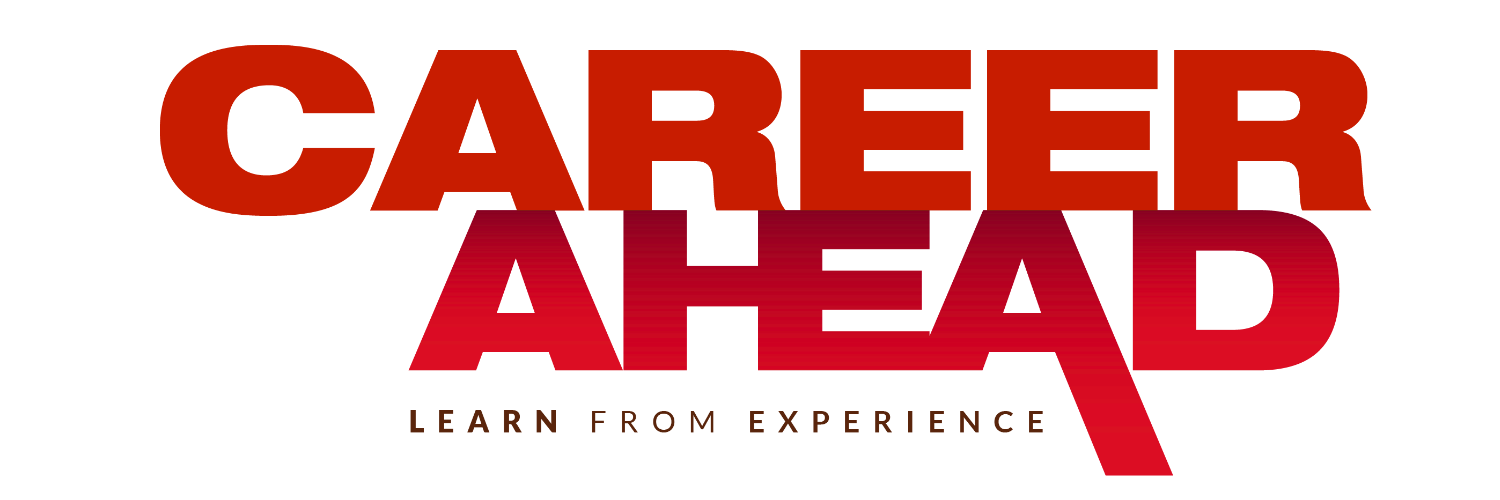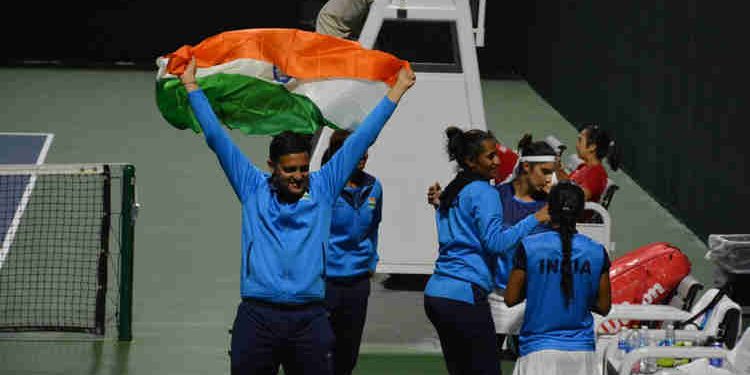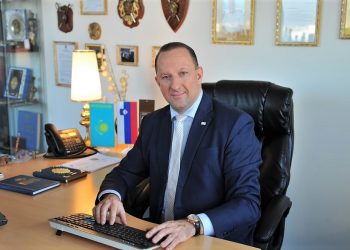No products in the cart.
Turning your Passion into a Profession
“Your will has to be greater than your skill”
If I could go back to playing professional tennis again, I would in a heartbeat!
A journey that started on the tennis courts of Modern School, Barakhmaba Road culminated in me achieving my dream of representing India and winning for my country. I had the fortune of playing in the Davis Cup for India and also winning an Asian Games Bronze Medal at the 2002 Busan Asian Games, South Korea.
Currently, I have the honour of being the Captain of the Indian Fed Cup team, and we recently created history by becoming the first Indian team ever to advance to the World Group Playoffs in Fed Cup competition.
The road was always tough, but challenging and exciting. Growing up in the eighties and nineties – with no support for sports – chasing my dream was an uphill task. Fortunately for me, I have a loving and very supportive family that always encouraged me to chase my dream wholeheartedly. My school supported me in every way they could, my teachers never putting any pressure on me to top in academics, but always holding me accountable for keeping my grades respectable. I became India No. 1 in both Boys Under-16 and Under-18 categories, and went on the get my degree in B.Com (Hons.) from Sriram College of Commerce, Delhi University.
My journey as a professional tennis player took me to several parts of the world, which really helped me grow as a human being and made me more aware and sensitive towards different people and their cultures. I made many friends along the way who remain dear friends till date, even though we barely meet due to the distance.
To be a professional player required a lot of desire, discipline, determination and dedication from an early age. I didn’t attend parties or go out with friends as I was always busy training or playing tournaments. I was so passionate towards my game that nothing distracted me from what I wanted to achieve. My day started at 4:30 am and ended at 7 pm after training before school, attending school, and then training again after school. It was exhausting, but always seemed so easy to do.
There were many defeats along the way, but every defeat only spurred me to work harder and become better at my craft. Injuries also played a part, and again the same resolve helped me bounce back.
Where I suppose I lacked the most was in support that I got to help me pursue my dream. Tennis and travelling to play tournaments is expensive, and I received no sponsorship or help from any company or government – it was only my parents savings which helped me reach a level where I could play and stand on my own two feet, and eventually pay my own bills. The first time I received any money from the government was after I won an Asian Games Medal. But I never played for the money, I played because it was my passion, my dream – and the fact that it helped me pay my bills also never hurt.
“Dreams do come true if you work towards them with every ounce of energy you have”

There were many losses, but I never felt defeated; there were many injuries, but I never felt hurt; every time I got knocked down I chose to stand up again and fight, as that was the only way forward. I remember in 1998 during the semi-finals of the National Championship I was leading 6-4, 5-4, 30-15, when I fell down and broke my ankle and was out of the game for four months. It was especially hard, as not only was I not able to win the Nationals that year, but also the two finalists were going to be selected to represent India at the Asian Games that year, an opportunity I missed. I did go on to play in the 2002 Asian Games and I won a Bronze Medal for the country.
In the year 2000 I made my Davis Cup Debut against South Korea in my hometown of Delhi. In 1991, I was a ball boy when India played South Korea in Davis Cup in Delhi, Ramesh Krishnan and Leander Paes played for India and in 2000 I made my debut on the same court, playing alongside Leander Paes in a must-win match for us; Ramesh Krishnan was our Davis Cup Captain. Dreams do come true if you work towards them with every ounce of energy you have.
In 2001, I suffered a knee injury which kept me out of the game for six months. Most people thought my career was over, but they did not know my resolve. After healing myself I returned to tennis and had some of my best results over the next five years, which included the Asian Games Medal, National Championship and many international tournament victories. I finally had to retire in early 2007 as my dust allergy flared up due to the construction for the 2010 Commonwealth Games in Delhi and I had to stop playing professionally. That was a tough pill to swallow as I wasn’t ready to retire; I knew I had a lot more tennis left in me, but alas, on medical advice I had to stop.
Since 2008 I have been mentoring and coaching youngsters who want to go down the same path as me and pursue tennis as a profession. I was appointed Indian Captain for the Junior Davis Cup Team in 2010 and in the six years I captained the team, I was able to take our team to the World Group, where only 16 teams from all over the world compete. We qualified from our Asia Oceania Group and some of those youngsters today are representing India in the Davis Cup.
In 2019, I was appointed Captain of the Indian Fed Cup Team, a huge honour and a big responsibility. Our team had never ever been able to make it to the World Group Play-Offs. In 2020, we have done it and have become the first Indian team ever to qualify for the World Group Play-Offs. It’s a big stepping stone for women’s tennis in India and I am sure it will give a big boost to all the women and young girls who aspire to pursue tennis. It has been a shot in the arm for Indian tennis in general.
To everyone who wants to succeed in sport, in life, I say: your will has to be greater than your skill. Chase your dreams with everything in your powers and enjoy the journey. You may succeed, you may not succeed in achieving your dream, but you will always know that you gave it your best!
May the force be with you…
- The article was originally published in Career Ahead July 2020 issue.











